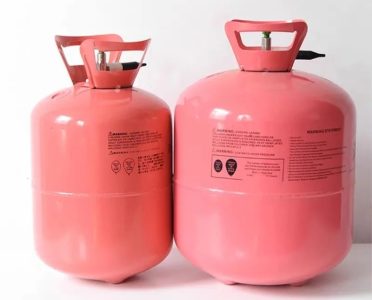Speaking of environmental protection and environmental pollution, everyone will subconsciously think of plastic pollution and air pollution. In fact, there is another kind of pollution that we can’t see or touch at ordinary times, but it is also seriously affecting people’s lives, that is, “Noise Pollution”.
From a physiological point of view, all sounds that interfere with people’s rest, study and work and produce thousands of noises to the sound you want to hear, that is, unwanted sounds, are collectively called noise. Noise pollution occurs when noise has adverse effects on people and the surrounding environment.
According to research, 60-70 decibels of sound is the sound most people think is more appropriate, 80-90 decibels will feel very noisy and uncomfortable; If the volume exceeds 100 decibels, it will cause hearing loss.
Research shows that long-term exposure to noise can distract people’s attention, lead to slow response and fatigue. Being awakened by noise in sleep can also cause insomnia, fatigue, memory decline, even neurasthenia syndrome, and even induce many diseases!
Common noise sources
1. Living noise
It refers to people in business transactions, sports competitions, entertainment places, etc. The noise generated in various social activities.
2. Traffic noise
Means motor vehicles, aircraft, trains, ships and other means of transport. Noise emitted during operation
3. Construction noise
It refers to the noise generated at the construction site.
4. Industrial noise
It refers to the noise generated in industrial production, mainly from machines and high-speed running equipment..
Noise hazard
1. Interference with rest and sleep
Noise makes people restless, difficult to rest and fall asleep, and affecting work and learning.
2. Hearing loss
If people are exposed to strong noise for a long time, their hearing will be weakened, which will lead to hearing loss.
3. Damage to cardiovascular system
Noise is a risk factor for cardiovascular disease. Noise will accelerate heart aging and increase the incidence rate of myocardial infarction.
4. Affect people’s psychology
The psychological impact of noise on people is mainly annoying, exciting and irritable.
Noise protection measures
1. Diet conditioning
Research shows that noise will increase the consumption of some amino acids and vitamin B in human body, and supplement of appropriate amount of amino acids and vitamin B can increase the tolerance of human body to noise. At the same time, in daily life, eating more vegetables and fruits containing iron, zinc, magnesium, vitamin C and vitamin E can prevent or delay the occurrence of hearing loss.
2. Use headphones correctly
When wearing headphones, master the “60-60-60” principle, that is, use the headset continuously for no more than 60 minutes, and the volume of the headset should not exceed 60% of the maximum volume. When the ambient noise exceeds 60 dB, do not use the headset again.
In addition, in addition to protective measures, we can also search for an excellent machine for detecting noise. Install a real-time monitoring machine for noise and air quality on the streets of the city, which can detect the current air quality and noise moderation according to the data.
OC-9200 High precision Air quality Dust and Noise monitoring system can detect different meteorological parameters in the atmosphere, adopt solar panel power storage function, diffusion and pumping dual modes, and can also be customized according to different parameters.

